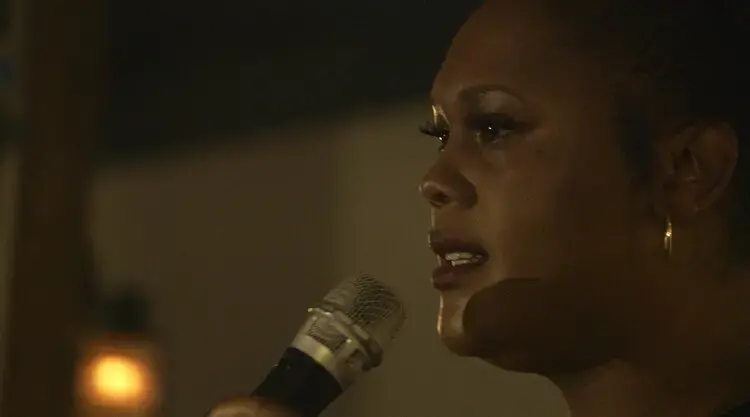Warm-up: How you define and are defined by your identity.
Introducing the Resource: Analysis of "She's Not a Boy," a documentary film.
Reflection: How Tatenda Ngwaru, the subject of the film, defines and is defined by her identity.
Extension Activities:
1. Elevating the voice of a marginalized member of the LGBTQIA+ community
2. Writing about your own identity
3. Going behind-the-scenes to learn why and how Tatenda and the filmmakers made this documentary

Warm-up:
Identify an aspect of your identity that is important to you. Then, answer the following questions on a separate sheet of paper.
- What is special to you about this aspect of your identity?
- Have you faced any challenges as a result of this aspect of your identity?
- Do you feel like others around you understand this aspect of your identity well?
- What do you wish people who don't share this identity knew?
Introducing the Resource:
1. Watch "She's Not a Boy," a documentary about Tatenda Ngwaru. Tatenda is an intersex woman from Zimbabwe seeking asylum in New York City.
2. Answer the following comprehension questions on a separate sheet of paper.
- What were some of the early feelings and behaviors that led Tatenda and her parents to recognize that she was a girl?
- When Tatenda was living in South Africa, she received a medical report confirming her as intersex. How is intersex defined in the documentary?
- How does Tatenda's father describe cultural norms around the LGBTQIA+ community in Zimbabwe?
- What does Tatenda say was the most difficult decision she ever had to make?
- What wish does Tatenda's father express?
Reflection:
Answer the following questions on a separate sheet of paper.
- Why did Tatenda feel the need to leave Zimbabwe? How is her life in the U.S. different, and how is it similar?
- How would you describe Tatenda's relationship with her parents? How did that relationship develop over time?
- What legal challenges has Tatenda faced while seeking asylum in the U.S.?
- "I thought I was coming to a country that probably understood intersex stuff more than any country," says Tatenda. "Oh boy, did I have a rude awakening."
- What do you think Tatenda means when she says she had "a rude awakening" upon arriving in the U.S.?
- What are some misconceptions about intersex people that are discussed in the documentary?
- Tatenda says that she does not feel connected to New York's Pride month celebrations. Why might that be?
- The film ends with Tatenda saying, "Nobody's gonna silence me."
- What do you think Tatenda achieves by telling her own story?
- What do you think Tatenda and filmmakers Yuhong Pang and Robert Tokanel achieve by telling her story in the form of a documentary?
Extension Activities:
Option 1. "I think it's really important for [Tatenda's] voice to be amplified specifically," says organizer Jordan Reeves, "because she is a part of this community that oftentimes we ignore." How can you amplify the voices of marginalized members of the LGBTQIA+ community? Invite a public advocate whose identity is often ignored to speak with your class, or interview them individually. Do some research, prepare respectful questions, and write a profile of the speaker.
Option 2. Tatenda declares, "I am a black woman, I am an immigrant, and I am an intersex woman. That is something that is built automatically to destroy me. But from that, I rise." Return to your notes on your own identity from earlier. How does this aspect of your identity intersect with others to make you the person you are? Write a one-page reflection.
Option 3. To learn more about Tatenda's story and the making of "She's Not a Boy," watch this webinar in which Tatenda and Robert describe why and how they made the film. (Tatenda speaks 7:18-17:28. Robert speaks 17:29-26:36. Afterward, they answer participant questions in conversation.)

